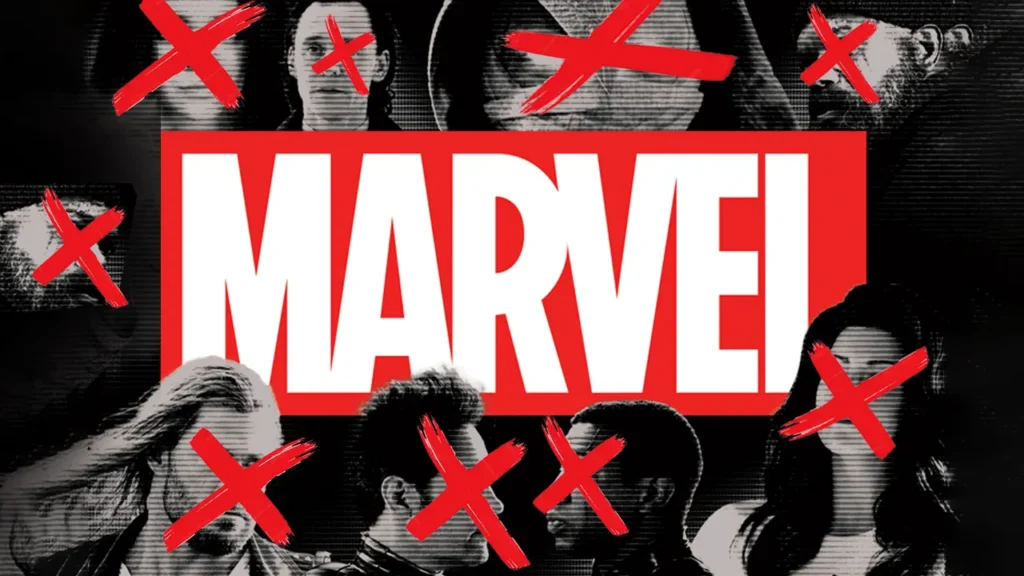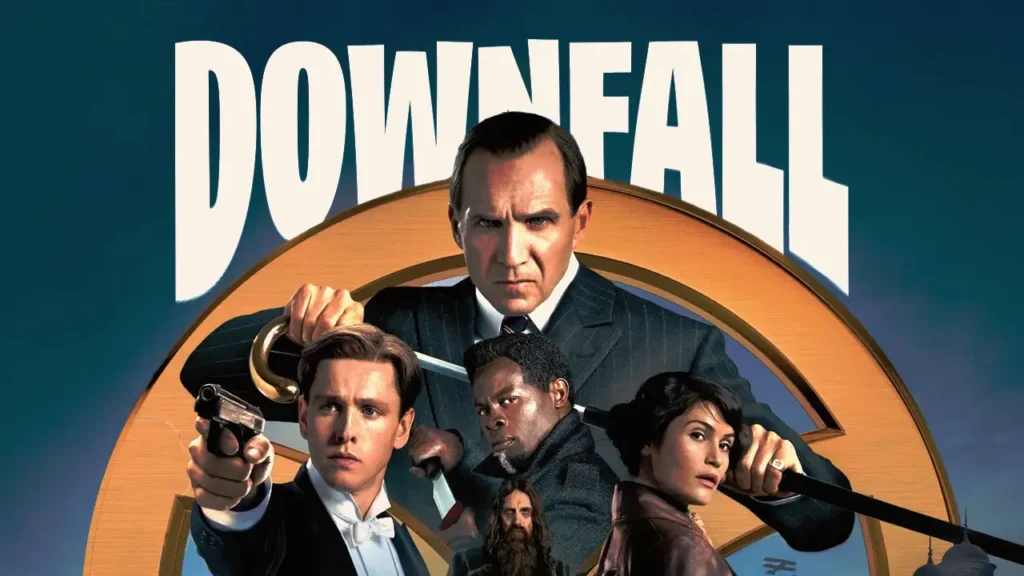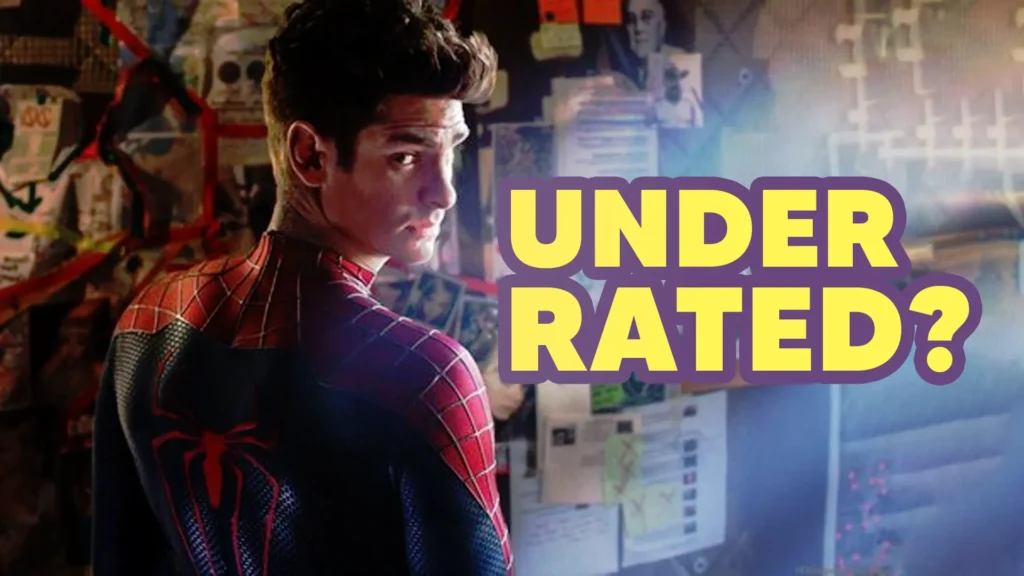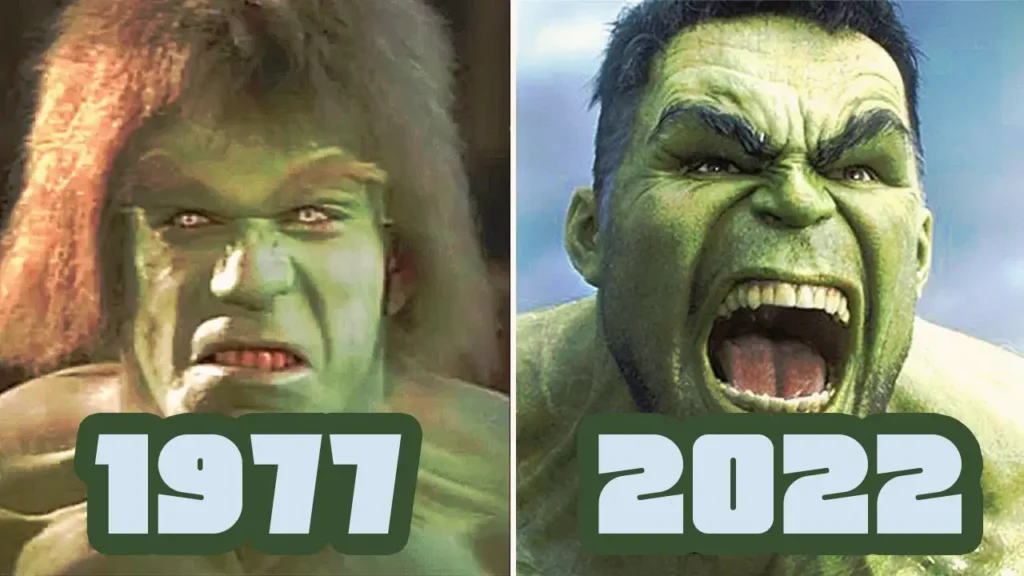Marvel's Influence Before the Down Fall
When Tony Stark sacrificed himself at the end of
Avengers: Endgame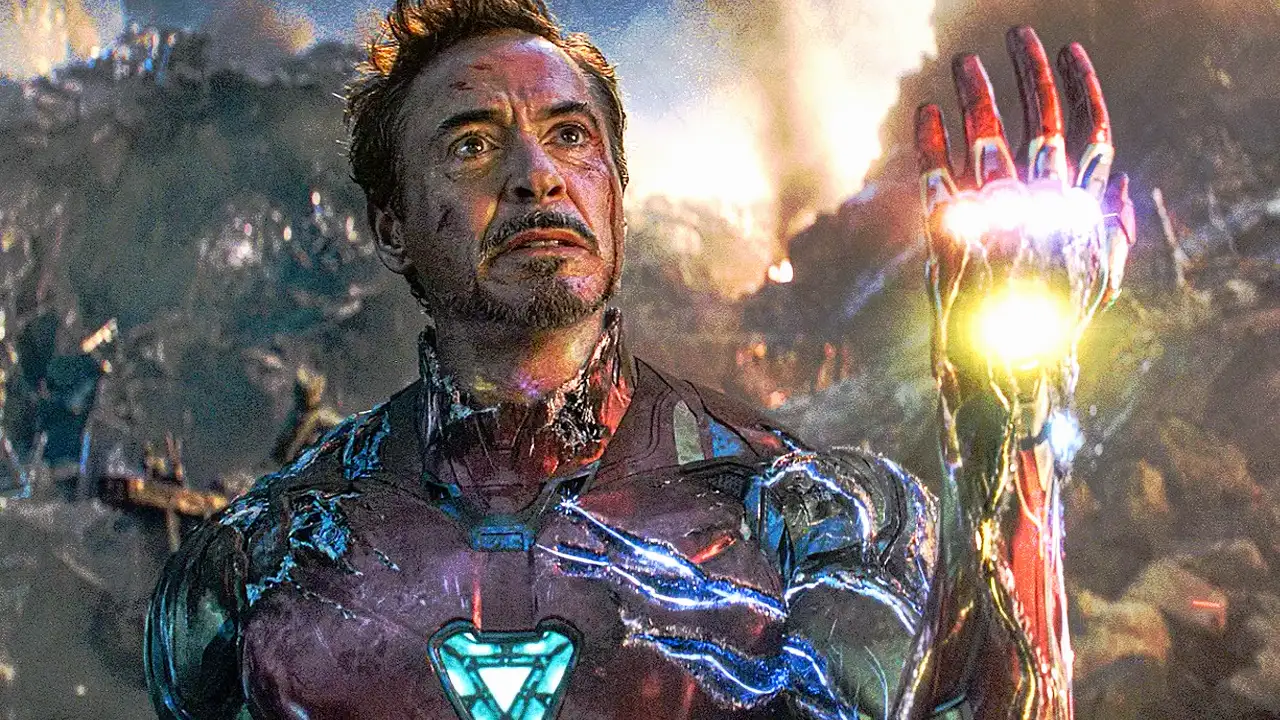
that was a defining moment for me. At that instant, it felt like we had achieved a satisfying closure, and I genuinely moved on from Marvel. However, amidst the prevailing discussions about Marvel’s downfall, let’s take a moment to acknowledge why Marvel was and still is significant to us.
Remember when Iron Man premiered in 2008? Initially, it was just another movie, both for me and for many others. We didn’t grasp the broader vision of Marvel at that time, and perhaps, we didn’t even stay for the end credits. The first inkling of a connection I noticed was in The Incredible Hulk movie when I saw the Stark Industries logo, and I began to speculate about potential connections.
But here’s the thing: whether it’s Marvel or any superhero comics or cartoons, they were often dismissed as frivolous during my upbringing in the 90s. Despite that, they held value for us. Back then, these interests were perceived very differently because they weren’t as widely accepted in popular culture as they are now. Marvel played a crucial role in changing that perception. While there were superhero movies before Marvel’s emergence, Marvel revolutionized the genre and made it mainstream.
Which Marvel Movie inspires you the most?#marvelcomics #marveluniverse #avengersendgame #avengers #marvelavengers #infinitywar #superhero pic.twitter.com/sqhbg42RQH
— Action Vista (@ActionVista) March 14, 2024
For instance, when they introduced Tony Stark, they didn’t just show a man in armor; they portrayed a man driven by a desire to make a positive impact on society. Similarly, when they depicted Captain America, they didn’t merely present a man with unwavering morals; they portrayed a flawed individual with a good heart. Marvel humanized its characters, showing that nobody is perfect, and we all have flaws.
Marvel held the entire movie industry, not just Hollywood, hostage for a decade. No other genre could match the success of Marvel movies. I vividly remember that during the release of Civil War, no other movies dared to compete within a two-week window on either side. Marvel’s dominance was unprecedented, and it brought people together. I’ve personally witnessed friendships and relationships form because of Marvel, as people connected over shared interests.
 Going to a Marvel movie was an event in itself. I even used to buy t-shirts specifically for watching Marvel movies. That’s the kind of impact Marvel had, and I’m certain I’m not the only one who felt it. However, as with all good things, it eventually came to an end, and Avengers: Endgame marked the culmination of their success.
Going to a Marvel movie was an event in itself. I even used to buy t-shirts specifically for watching Marvel movies. That’s the kind of impact Marvel had, and I’m certain I’m not the only one who felt it. However, as with all good things, it eventually came to an end, and Avengers: Endgame marked the culmination of their success.
Marvel knew that their core audience, established in 2008, had matured by then. Therefore, after Endgame, they cleverly released
Spider-Man: No Way Home
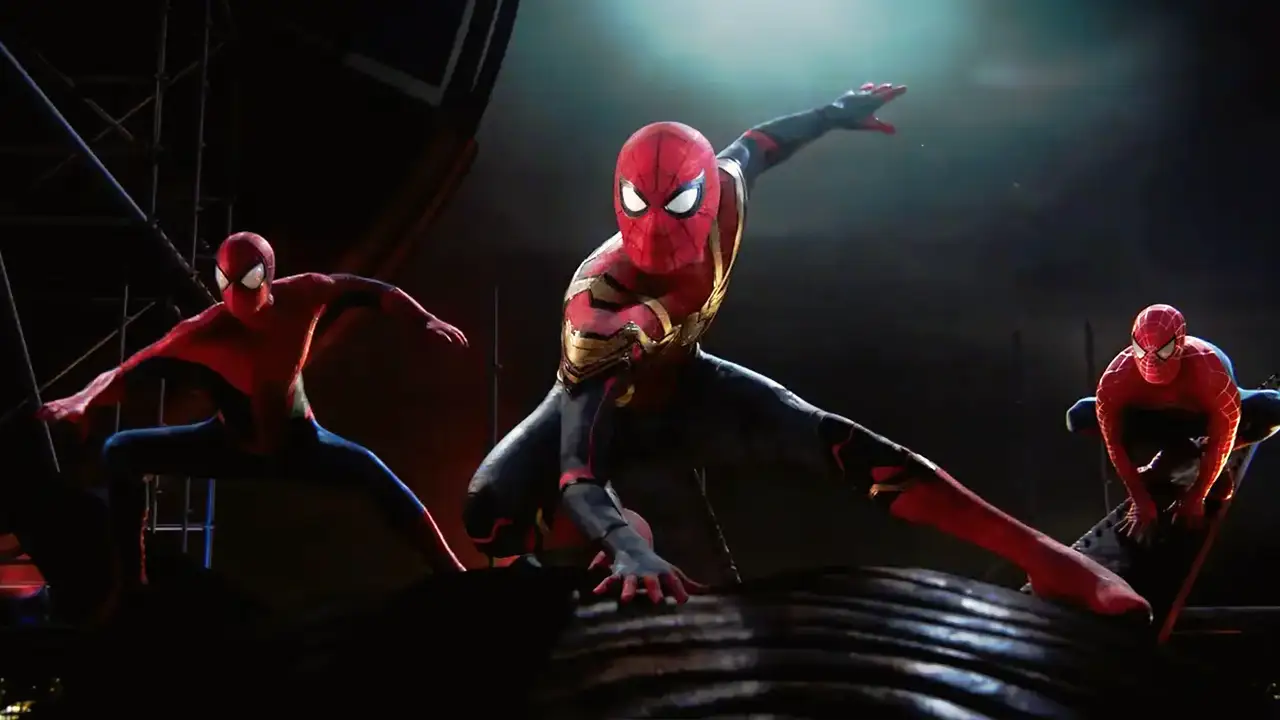 Many, like me, initially believed that there would be no more Marvel movies after Endgame, but No Way Home proved us wrong. Marvel knew they could recapture their old audience with this film, and they succeeded. To attract new viewers, they’re introducing new characters, heroes, and faces, along with catering to woke culture and pushing various agendas. However, their focus seems to have shifted away from storytelling and compelling characters. The hype surrounding Marvel has dwindled, and while I enjoyed Loki, I no longer feel inclined to watch Marvel movies. It’s disappointing because Marvel played a significant role in shaping many of our lives.
Many, like me, initially believed that there would be no more Marvel movies after Endgame, but No Way Home proved us wrong. Marvel knew they could recapture their old audience with this film, and they succeeded. To attract new viewers, they’re introducing new characters, heroes, and faces, along with catering to woke culture and pushing various agendas. However, their focus seems to have shifted away from storytelling and compelling characters. The hype surrounding Marvel has dwindled, and while I enjoyed Loki, I no longer feel inclined to watch Marvel movies. It’s disappointing because Marvel played a significant role in shaping many of our lives.

